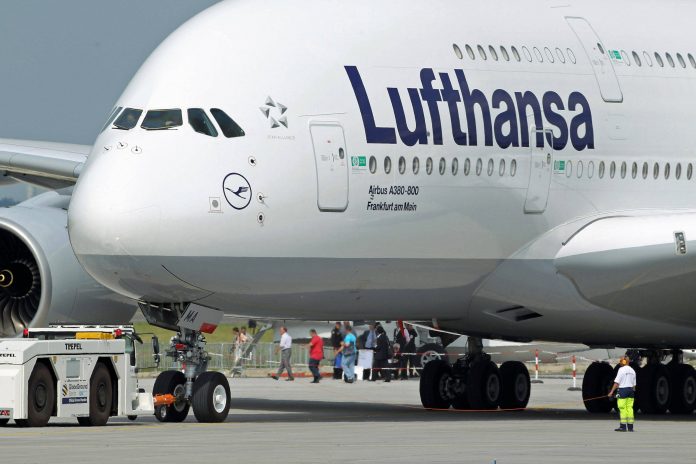Lufthansa Group achieved an Adjusted EBIT of EUR 2.4 billion for the first nine months of 2018 – a 7.7 percent decline on the prior-year period which is primarily attributable to the integration costs at Eurowings. Adjusted EBIT margin for the period amounted to 8.8 percent. Nine-month results were also burdened by a EUR 536 million rise in fuel costs, an increase in the costs incurred in connection with flight delays and cancellations, and higher maintenance expenses.
“We expect to see our full-year costs increase by more than EUR 1 billion in 2018 due to fuel costs and the extra expenses incurred from delays and cancellations alone,” says Carsten Spohr, Chairman of the Executive Board & CEO of Deutsche Lufthansa AG. “But despite this, we achieved an Adjusted EBIT of EUR 2.4 billion for the first three quarters of this year, the second-best nine-month result in our history. And had it not been for the losses at Eurowings, we would have posted another record earnings result. This is a clear testament to our sustainable financial strength – a strength that we have demonstrated even under challenging conditions this year.”
Lufthansa Group generated total revenues of EUR 26.9 billion in the first nine months of 2018. Total revenues increased by 6 percent on the prior-year period, while traffic revenues were up 7 percent. As a result of the first-time adoption of the new IFRS 15 accounting standard, the reported growth of total revenues to EUR 26.9 billion was only 0.5 percent, while the reported traffic revenues declined by 1 percent to EUR 21.1 billion.
Unit costs for the period remained stable excluding fuel and currency effects, despite the extraordinary expense. Unit revenues excluding currency effects increased 0.3 percent. The airlines of Lufthansa Group transported some 108.5 million passengers in the first three quarters of 2018, a new record volume. Nine-month seat load factor was also at a record high of 82 percent. The exceptionally strong capacity growth for the period, which was driven by the insolvency of Air Berlin, will be substantially lower in 2019.
“Future growth in the air transport sector will need to pay far more regard to the capacities of the infrastructure in the air and on the ground,” Carsten Spohr observes. “At the same time, we aim to secure the profitability of our airlines through capacity discipline. We also expect the substantial rises in fuel costs to lead to higher ticket prices from 2019 at the latest.”
According to current market expectations, airlines in Germany are likely to expand their capacities by over 10 percent for the 2018/19 winter timetable period, a development that is still being driven by the demise of Air Berlin. The airlines of Lufthansa Group, however, will raise their capacity by a more modest 8 percent, and will further reduce their capacity growth to 3.8 percent for the 2019 summer timetable period.
















